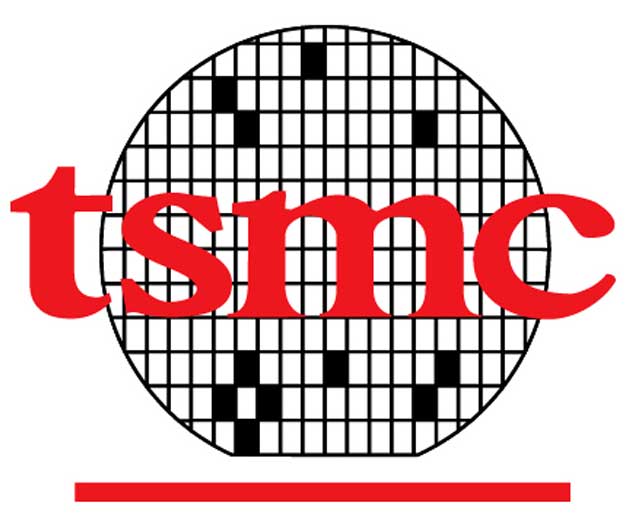Report: TSMC To Remain Primary A9 Supplier For Apple, Samsung Used As Backup
From the early reports we've seen so far this year, it looked like Samsung would get to make Apple's A9 chips on 14nm FinFET because of a slight lead in production and possibly some slight advantages over TSMC's 16 nm FinFET process, as well. However, a new report from Taipei Times said Apple will likely stick with TSMC as its main supplier and only keep Samsung for backup.
"The two companies' technological capabilities are similar, so the key factor will be whose mass-production yield is better," the Market Intelligence and Consulting Institute (MIC) director Chris Hung told reporters.
Apple has been wanting to stop using Samsung as its chip manufacturing supplier for a long time, because Samsung is also its main competitor in the mobile market. Apple succeeded in replacing Samsung with TSMC for its 20nm A8 chips, also in part because Samsung's yields for the 20nm process weren't so great, according to Hung.
At the same time, Apple doesn't want to put all bets on TSMC, so it might continue to use Samsung as well, for the production of the A9 or other chips.
Although TSMC is the leading foundry right now, there's pressure from competition in China, which is trying to catch up. Hung doesn't believe this is an immediate worry for TSMC, which still maintains a healthy lead.
"Although Beijing is to back up the development of its semiconductor industry with an industry-supporting fund of 120 billion yuan [US$19.29 billion], Taiwan still has its technological advantages in terms of design, manufacturing and packaging in the global market," Hung said.
It could take three to five years for Chinese foundries to represent a serious threat to TSMC, but Mediatek and United Microelectronics Corp (UMC) are already starting to invest in local Chinese foundries. TSMC's foundry leadership in the mobile market could be threatened if Intel and Samsung continue to invest in Chinese foundries, as well.
Get Tom's Hardware's best news and in-depth reviews, straight to your inbox.
For the next few years, TSMC should remain Apple's and other mobile manufacturers' first choice, unless its process technology falls significantly behind the competition, but there isn't any sign of that happening in the near future.
Follow us @tomshardware, on Facebook and on Google+.
Lucian Armasu is a Contributing Writer for Tom's Hardware US. He covers software news and the issues surrounding privacy and security.
-
IInuyasha74 Why are Intel and Samsung investing in foundries not owned by them? That doesn't make any sense. If you meant they are just looking to build them there, that makes more sense, but it wouldn't really have any kind of big game changing effect on the market since its still basically Intel, Samsung, TSMC, and Global Foundries in the same situation they are already in. Trying to build new fabs with better technology as always.Reply -
chyang888 It is unlikely foundries from China will catch up to TSMC anytime soon. China has been trying to overtake TSMC for 15-20 years (SMIC and others). But the competition from Intel, TSMC, UMC, Global boundaries, Samsung, is fierce. And frankly, semiconductor manufacturing is a money losing proposition and not a good investment for China to be in.Reply -
chyang888 It is unlikely foundries from China will catch up to TSMC anytime soon. China has been trying to overtake TSMC for 15-20 years (SMIC and others). But the competition from Intel, TSMC, UMC, Global boundaries, Samsung, is fierce. And frankly, semiconductor manufacturing is a money losing proposition and not a good investment for China to be in.Reply -
jeremyshaw ReplyWhy are Intel and Samsung investing in foundries not owned by them? That doesn't make any sense. If you meant they are just looking to build them there, that makes more sense, but it wouldn't really have any kind of big game changing effect on the market since its still basically Intel, Samsung, TSMC, and Global Foundries in the same situation they are already in. Trying to build new fabs with better technology as always.
Why are Intel and Samsung investing in foundries not owned by them? That doesn't make any sense. If you meant they are just looking to build them there, that makes more sense, but it wouldn't really have any kind of big game changing effect on the market since its still basically Intel, Samsung, TSMC, and Global Foundries in the same situation they are already in. Trying to build new fabs with better technology as always.
I'd bet it's a requirement (official or not) for future sales in the Chinese market or for preferential access to rare earth metals. That way China won't have to "catch up," they'll just take it... uh... "create research partnerships through joint ventures."
